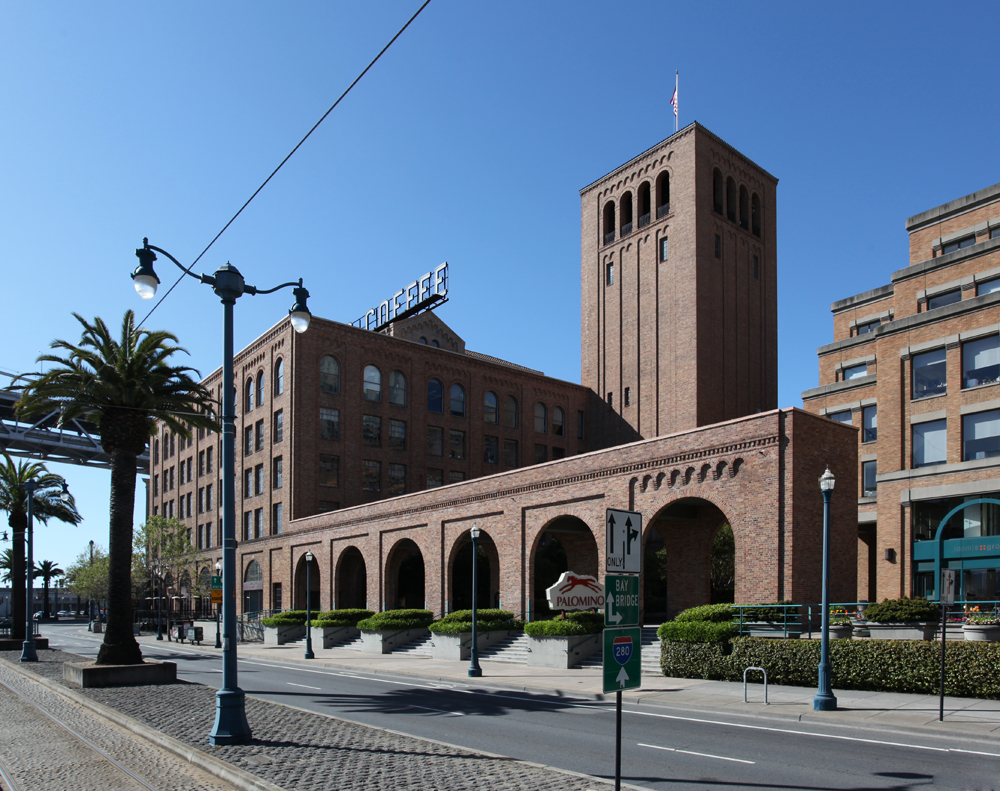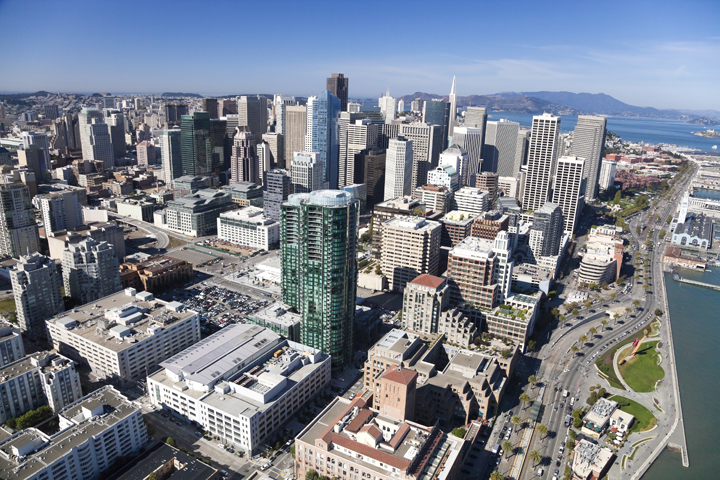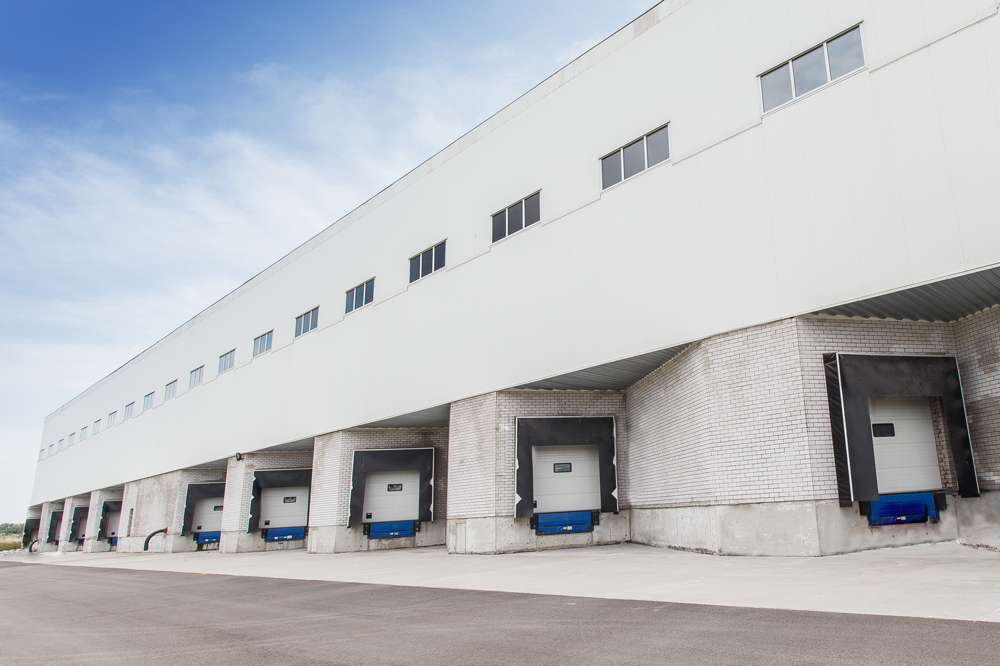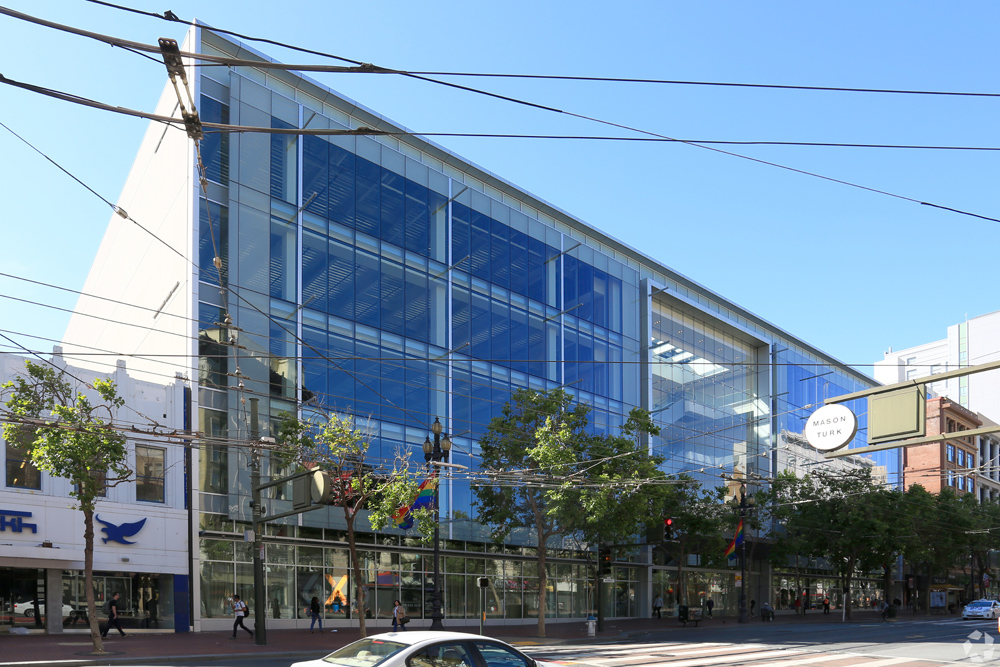The reported industrial vacancy rates in San Francisco and surrounding Peninsula areas decreased to 3.5% at the end of Q3 2019 (down from 3.8% in Q2 2019). The Bayshore Corridor of San Francisco witnessed yet another decrease in vacancy to a sub 1% rate of .5% (down from .9% in Q2 2019). The San Francisco/Peninsula market reported a delivery of 21,807+/- square feet of new construction, and 2,568,754 square feet of product under construction, primarily in South San Francisco, Brisbane & Daly City. The industrial core of San Francisco (Bayshore / Potrero Hill / Dogpatch) reported 56,121 square feet of product under construction, with zero deliveries, or construction starts.
Q3 2019 ended with averaged over-all asking rents (industrial and flex) down from $2.30 per square foot to $2.26 per square foot, representing an 1.9% decrease over the previous quarter. Comparatively, current average US industrial asking rents are reported as $.72 per square foot (up from $.71 at the end of Q2 2019). Asking rents specific to warehouse product remained at $1.88 psf at the end of Q3 (no change from Q2). Quoted daily warehouse asking rents for the Bayshore Corridor at the end of Q3 decreased to $1.97 psf from $2.04 psf in Q2. Year-over-year market rents have decreased by 3.9% for the San Francisco/Peninsula industrial/flex market.
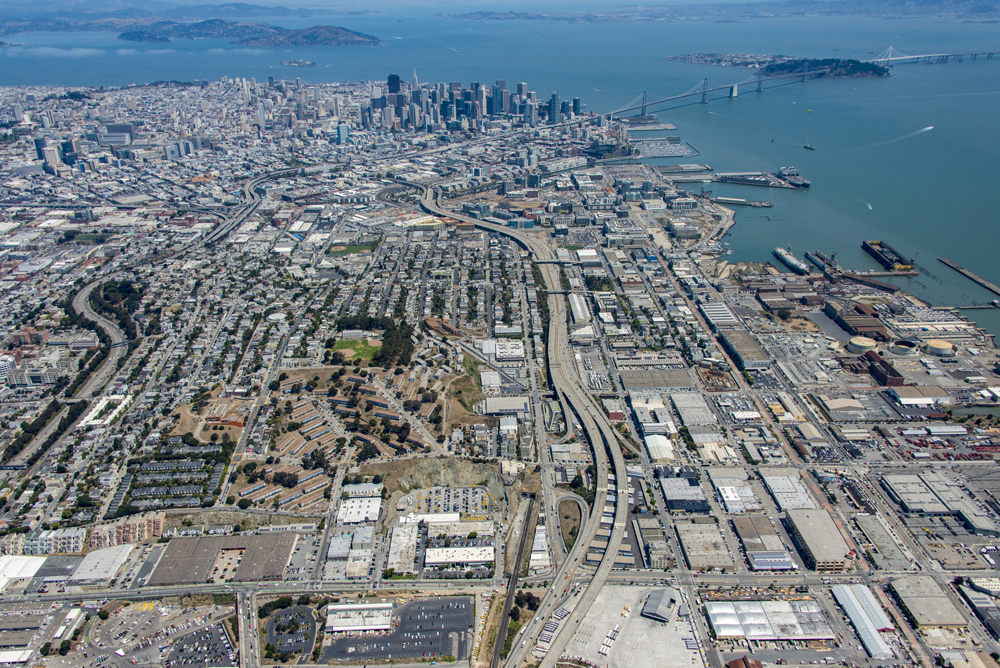
Q3 2019 Industrial sale transactions are up from Q2 2019 with $408M in sales volume averaging $334.00 per square foot compared to $308M in sales averaging $328.61 per square foot in Q2 2019. CAP rates averaged 4.9% in Q3 & Q2 2019, representing a minimal increase over Q1 2019 CAP rates of 4.85%. National CAP rates have remained at 6.7% for Q1-Q3 2009.
Calco Commercial has leased and sold 1,097,884+/- square feet of industrial, flex, office and land in 2019 comprising 59 transactions, with 179,124+/- square feet and 16 transactions in Q3 alone. Following are the notable Q3 2019 transactions: 253 Utah Avenue, South San Francisco (14,250 +/- sf industrial lease), 81 Dorman Avenue, San Francisco (12,500+/- sf industrial lease), and 3012 Spring Street, Redwood City (5,000/- sf commercial/sale), and 4870 Centennial Boulevard, Colorado Springs (50,000+/- commercial/sale). Calco Commercial is a leading industrial & commercial real estate firm with decades of experience in Landlord /Owner representation, and repositioning assets into net leased properties with in-place income streams. Let us help make the most of your real estate properties and investments.
If you would like to discuss your real estate options, or would simply like more information related to current market conditions, please call our office a 415.970.0000, or directly contact one of our professionals.
Click here for the full report: Q3 2019 Industrial Market Report



